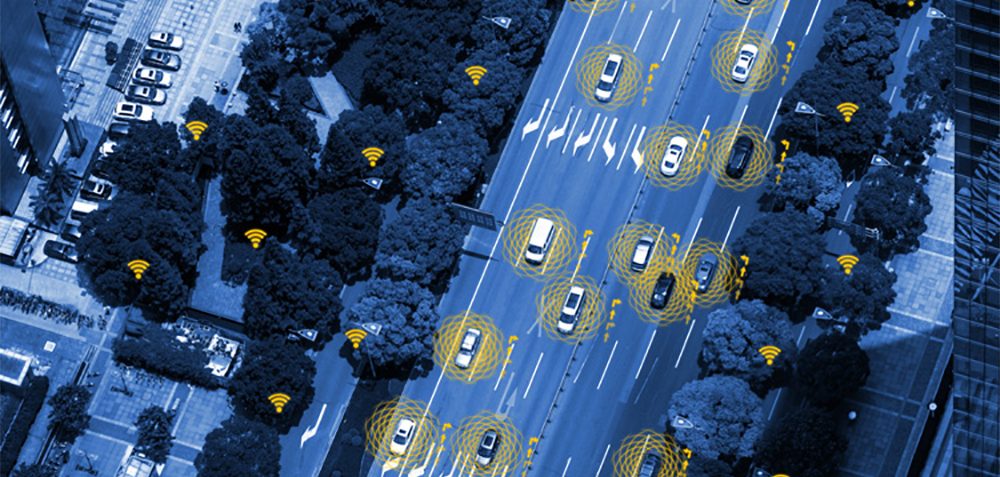Zenzic, a government and industry body formed to accelerate development of autonomous driving in the UK, has launched an update to its UK Connected and Automated Mobility Roadmap to 2030.
According to the organization, the updated Roadmap shows the state of UK connected and automated mobility, highlighting areas the UK is leading in globally, and the challenges that need to be tackled in the next 12 months to ensure the introduction of self-driving vehicles in the next decade.
The first edition of the roadmap, launched in September 2019, outlined several ‘key enablers’, activities and developments which need to be completed before many future sequential activities could even begin.
Zenzic states that over the past 12 months, the Roadmap to 2030 has been an instrumental tool for UK-based organizations laying foundations around safety standards, cybersecurity planning and legal frameworks and defining vehicle and infrastructure data connectivity requirements. Specifically:
- The release of two publicly available specifications from the BSI, (PAS 1880 and PAS 1881) which tee-up safety standards for the testing of self-driving vehicles;
- The Law Commissions has completed two consultations around automated vehicles, with the process due to be concluded in 2021;
- The UNECE’s World Forum for Harmonization of Vehicle Regulations adopted two new regulations on cybersecurity and software updates. These tackle cybersecurity risks by establishing clear performance and audit requirements for vehicle manufacturers. The UK heavily contributed to these regulations, which are the first internationally harmonized and binding norms in this area.
The organization notes that the UK is also on track when it comes to defining the data requirements for vehicle and infrastructure data sharing. Both through work on the A2M2 connected corridor as part of the EU’s InterCor project, and the development of the geodata report by Zenzic and Ordnance Survey which provides recommendations for high-definition mapping data.
The second edition of the roadmap adds a range of features designed to make collaboration across the UK self-driving development industry easier. Activities have been assigned topic-based tags, which the group hopes will make it easier for organizations to find relevant roadmap activities and see who they can collaborate with.
It also see the debut of ‘CAM Creators’, 117 companies which have identified themselves as having a core role in the development of CAM services and technology. Users can find which CAM Creators are active in their relevant sector and connect with them.
The tags have also revealed the 10 sectors in which the UK currently has the highest number of companies active in the development of self-driving vehicle technology.
- Software
- Automation
- Testing
- Safety
- Connectivity
- Freight and logistics
- Sensors
- Infrastructure
- Communications
- Cybersecurity
The roadmap also shows that only a fifth of the activity necessary for self-driving vehicles to be on the roads by 2030 is related directly to the scale-up and deployment of CAM, and only 10% is related directly to the development of self-driving vehicles. The remaining majority of the work that needs to be done over the next 10 years is related to safety, testing and ensuring the technology and infrastructure is in place and thoroughly tested.
Finally, the update highlights that ensuring all UK cities and regions are CAM-ready is one of the most important steps that needs to be taken in the next 12 months. It notes that progress is already being made at a national level to introduce self-driving technology into road networks, such as the recent launch of the UK government’s Automated Lane Keeping System call for evidence. However, two further pieces of work which require continued and immediate collaboration are:
- The definition of communications standards for highways, coupled with the mandating of safety messages in highways standards; and
- The agreement of a blueprint for CAM-ready highways and rural-environments.
Daniel Ruiz, CEO, Zenzic, commented on the update, “Getting self-driving vehicles onto our roads and developing the services which will change the way people travel and goods are moved in the UK is an incredibly complex task. We know that collaboration across government and industry is necessary for us to be able to benefit from self-driving technology, and this new edition of the UK Connected and Automated Mobility Roadmap to 2030 builds on the successes we have already seen, while also introducing new features which make this collaboration even easier.”
Full details of the roadmap can be found here.


